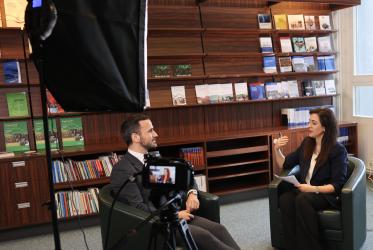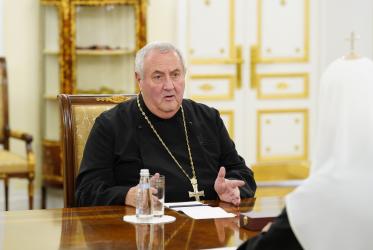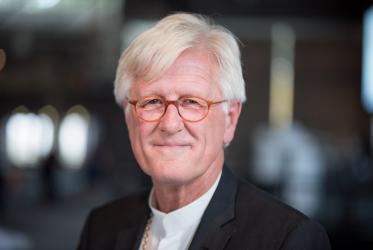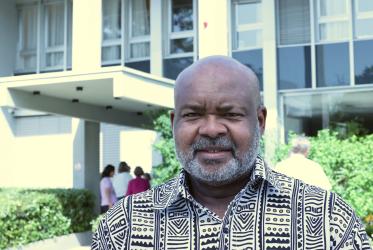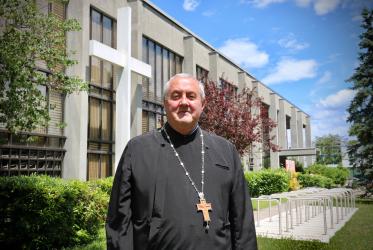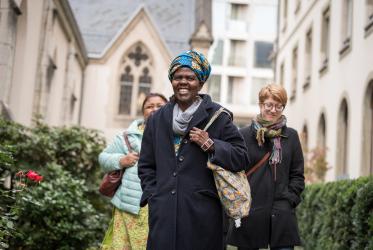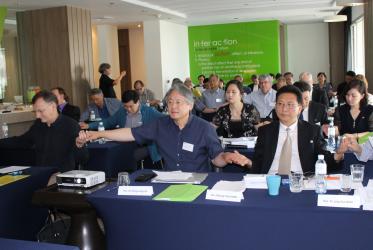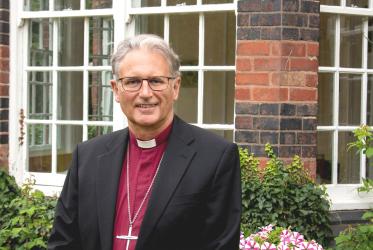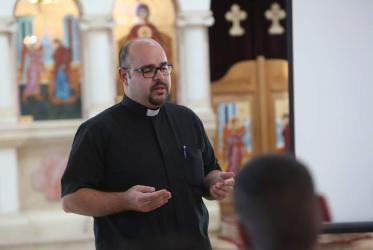Displaying 1 - 20 of 24
ACT Alliance general secretary: “equity is not negotiable”
26 September 2023
Bishop Dr Heinrich Bedford-Strohm reflects on new role as moderator
09 September 2022
Bridging gaps and bringing people to the table
23 June 2022
Dr Ofelia Ortega: “The vision of prophet Ezequiel became true”
28 October 2021
Peace and unity on the Korean Peninsula matters globally
25 February 2021
“Coventry Cathedral continues to speak a word of hope to the world”
10 December 2020
Fr Jamal Khader: “We need to keep hope alive” in Palestine
25 November 2020



